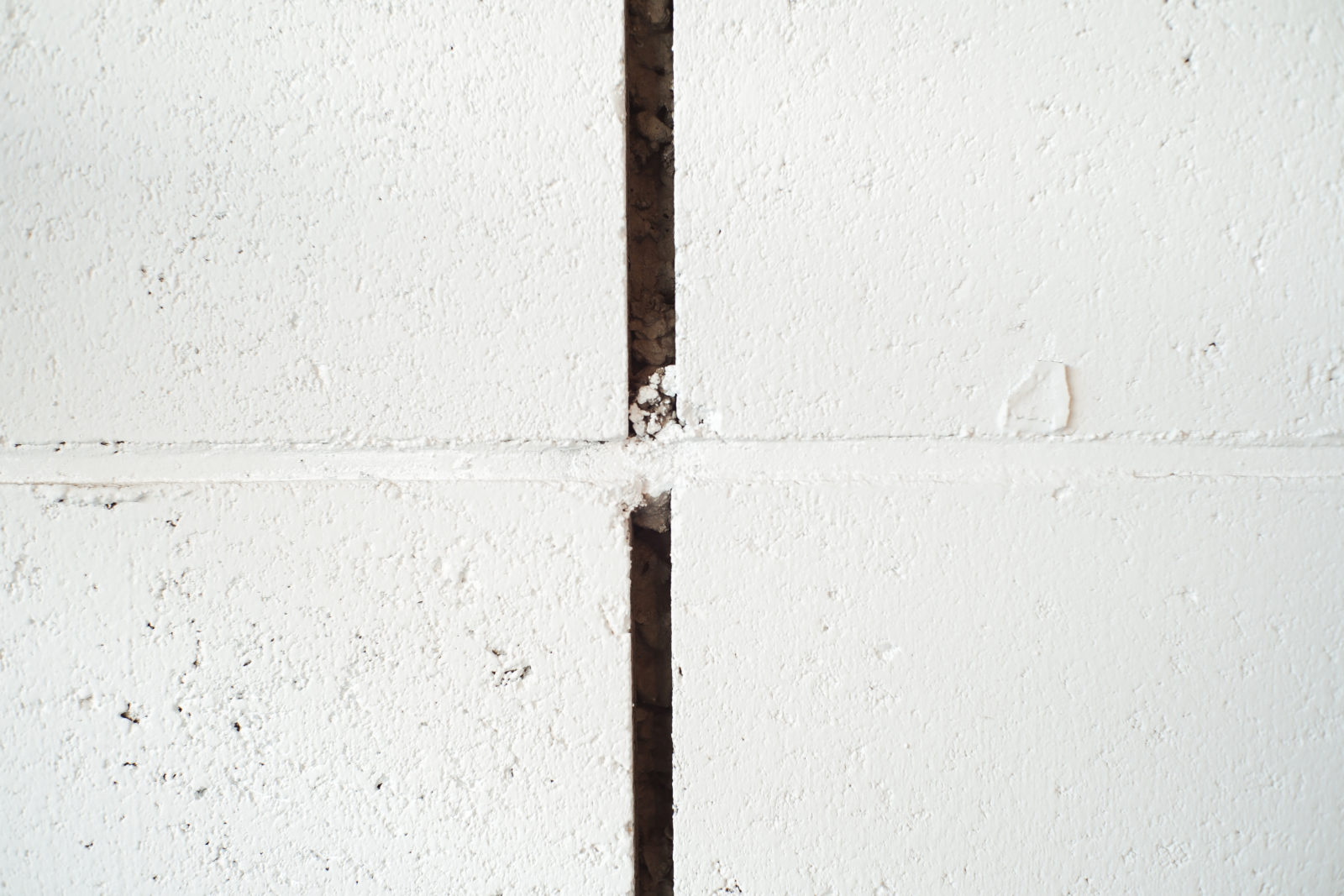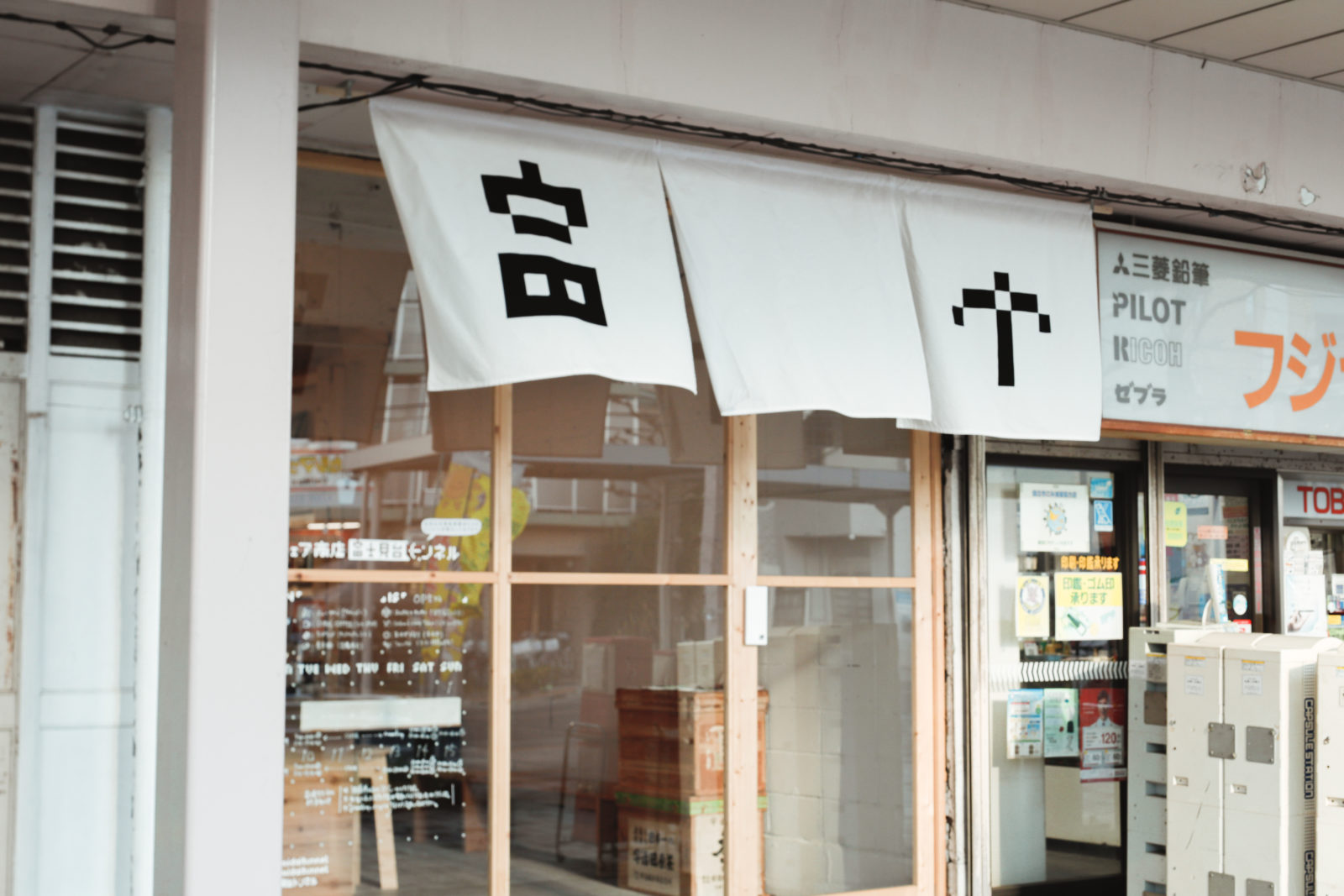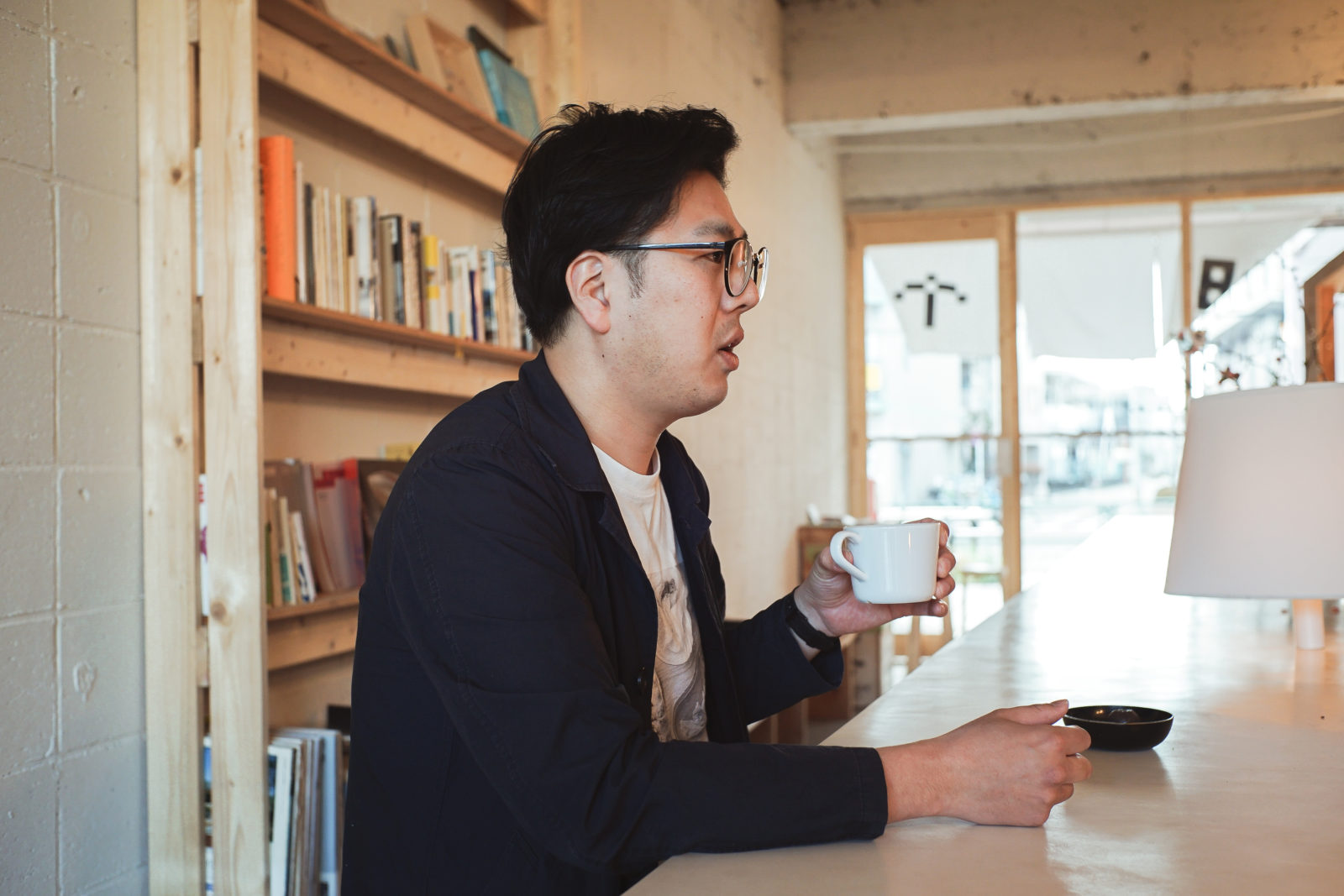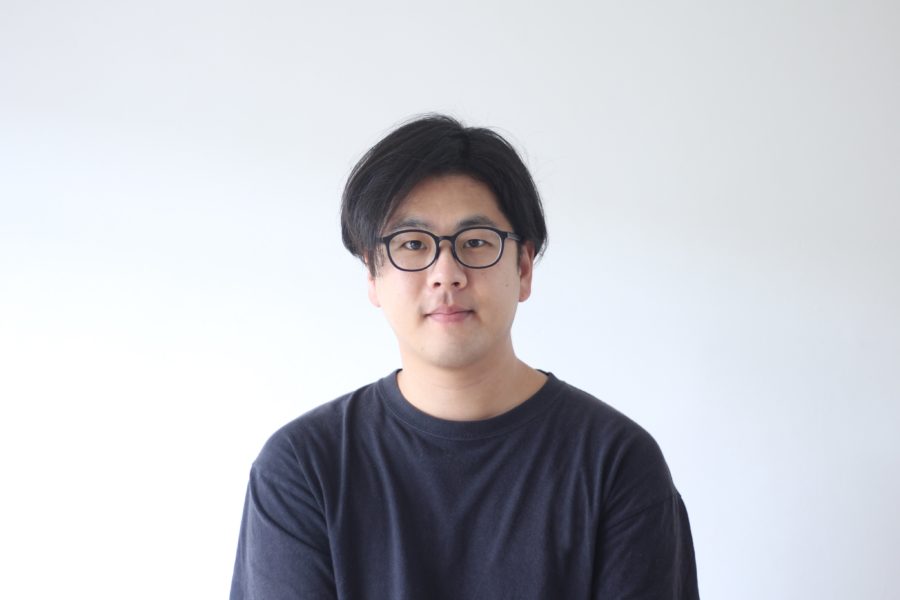専用住宅づくりのシステムには無理がある?
これを言うと賛否というか、否しか来ないだろうし、反感を買うと思うんですけれど…。
最近、「専用住宅をウチの事務所では請け負いません」と宣言したんです。
ベテランならまだしも、自分みたいな若手が住宅を請けないなんて、意味が分かんないと思うんですが。
なんだか誤解されそうなので補足をすると、潤沢な予算があるプロジェクトしかやりません、ということではまったくなくて。
お金の流れの最後に位置するプロジェクトは、お断りしているということです。
住宅を設計するたびにすごく感じるのは、出口がないということです。
もちろん昔のように建築家を支援するパトロンがいたり、アート作品のようなマーケットに入っていれば別だと思うんですけど。
先進的なつくり方や斬新な一品モノを住宅ローンを組んだ予算のなかでつくることは、あまり相性がよいとはいえない。
膨大なノウハウをもった企業であれば大丈夫ですが、新鮮さぐらいしか売りがないウチのようなスタートアップの小さな事務所では、なかなか困難です。
じゃあこれまで建築業界ではどうしてきたかというと、根性でなんとかするということが多かった。
ちょっと悪い例でいうと、設計事務所が工務店にリスクを全部押し付けるとか。逆もありますけど。
そうした無理のあるやり方で作品が成り立ってきた、というのは違うなと。
僕たちは「住宅は建築の基本だ!」とずっと教育されてきて、確かにそうだなと。
でもその住宅の標準としているものの多くは、核家族向けの専用住宅。
そもそも長い歴史のなかでみると、住宅ローン制度が一般化した戦後にできた特殊なプログラムだし、それを原型としてしまうのは危険だなと思うんですね。
Is it unreasonable for the system to create private housing?
If I told you this, you’d probably get nothing but pros and cons, and I’m sure you’d be upset…
Recently, I declared, “We don’t do dedicated housing in our office. I don’t think it makes sense that a young person like myself wouldn’t take on a housing contract, even if he is a veteran.
I’m not saying that I only do projects with a generous budget at all. It means that we are turning down projects that are at the end of the money stream.
One of the things I feel every time I design home is that there is no way out. Of course, it would be different if patrons were supporting the architects like in the old days, or if they were in a market as a work of art. It’s not a good fit to create something advanced or innovative within the budget of a mortgage. If you are a company with a huge amount of know-how, you will be fine, but if you are a small start-up office like ours, where the only thing you can sell is freshness, it is quite difficult.
Then, what has been done in the construction industry up to now has been to do something with guts. To take a slightly worse example, a design firm would put all the risk on the contractor. It can be the other way around, though.
I don’t think that the work was done in such an unreasonable way.
Housing is the foundation of architecture! We’ve been educated to think that this is true. But a lot of what is standard for that kind of housing is dedicated housing for nuclear families. When I think about the long history, it’s a particular program that was created after the war when the mortgage system became popular, and I think it’s dangerous to use it as a prototype.

お金はツール。きちんと回す
専用の住宅にかぎっては「やめます」と言いましたが、兼用住宅というか「店を開いています」「商売と一緒に暮らしています」という話は、どんなに些細なものでも受けたいと思います。
なぜなら、お金の流れを生めるから。出口を用意できるのだったら、一緒に何とか頑張れる。
負債して消費するだけでなく、お金が生まれてきちんと流れる状態をつくるというのは、すごく正常なことだと思っていて。
家づくりが住宅産業になる前、農家さんのように生業(なりわい)と暮らしが一緒になっていたころは、家のどこかが壊れたというと、みんなを集めて直しましょうとなる。
お金がかかるので、頑張って畑を耕しましょう、そんな話じゃないですか。
それが、経済成長以降に産業化が完全にでき上がってからは、住宅は職場と分離されたので、メンテナンスする場所とお金が生まれる場所がバラバラになってしまった。
お金の流れを生むのは投資ですが、お金の流れを生まなければ、同じ不動産でもそれは負債ですから、リスクでしかないんですよね。
これだけモノに溢れている社会で、建築家が率先して住宅の産業化を助けるような存在になるのは、何か違うような気がしていて。
それで「やめます」という宣言をさせてもらったんです。
申し訳ないんですけど…と設計の仕事もお断りして、〈富士見台トンネル〉に情熱をかけたということです。
あとは、建築家ってみんな、すごく優秀じゃないですか。よくこの状況でこれだけのことができるな、という方ばかり。
でも、そんなに超人扱いされない気がして。それって、設計料が投資ではなく消費とみられているからだと思うんです。
「投資した結果、こんな成果が出た」とか、「伝えたいことが伝わった」とか。それって、その場所を開いて他者が評価してくれないとなかなか実感できないと思うんです。
だけど作家って、お金の話は美意識の邪魔になるから、したがらないと思うんです。
お金って信用とか効果を示す社会的な尺度なのに。表現しないのは、もったいないなと思うんです。
僕もいっぱいお金がほしいというわけではなくて、適切なお金があってちゃんと面白い場がつくれるというだけで、ぜんぜんいいんです。
好きなことをやるために、ツールとしてお金をきちんと回すという、それだけのことなんですけど。
Money is a tool. turn neatly
I’ve said “no” to private housing, but I’m more than willing to accept stories of “I have a shop” or “I live with my business,” no matter how trivial, as far as dual-use housing goes. Because you can make money flow. If we can provide a way out, we can manage together. I think it’s very normal to create a state in which money is born and flows properly, rather than just being in debt and consuming it.
Before house building became a part of the housing industry, when livelihoods and living were the same as those of farmers, if something were broken in the house, they would gather everyone together to fix it. It costs money, so let’s work hard and plow the fields, isn’t that what we’re talking about?
Then, after economic growth, when industrialization was fully built up, housing was separated from the workplace, so the place to maintain it and the place to generate money fell apart. It’s an investment that generates a flow of money, but if it doesn’t generate a flow of money, it’s only a risk because even if it’s the same property, it’s a liability.
In a society full of things, I felt that there was something different about architects taking the lead in helping the industrialization of housing. That’s what made me declare, “I’m quitting.” I’ m sorry to say… but I refused to do any design work, and I was passionate about the ‘Fujimidai Tunnel.’
Also, I think all architects are very good at what they do. How can you do so much in this situation? But I felt like they weren’t being treated as superhuman as they should be. I think that’s because design fees are seen as consumption, not an investment. “This is the result of my investment,” or “I got what I wanted to say.” I don’t think it’s easy to feel that unless you open up that place and have others evaluate it. But I don’t think artists want to talk about money because it would get in the way of their sense of beauty. Money is a social measure of credit and effectiveness. I think it would be a waste not to express it.
It’s not that I want to make a lot of money either. It’s just that I have the right amount of money, and I can create an interesting place. It’s just a matter of turning money around properly as a tool to do what you love.

圧倒的なファンの視点で物事を見る
〈富士見台トンネル〉をやってみて、これは汎用性があるなと思っていて。3つは「トンネル」をつくりたいなと思っています。
東京の郊外って、こちらの西側だけでなく東側にもあって。江戸の郊外の感じがあるなと。
あとは、地元の高岡ですね。都心は自分がやらなくても、皆さんすごく面白いものをたくさんつくっているので。
いろんな地域の仕事をしているので、「何か決まったローカルの見方ってあるんですか?」とか言われるんですけど、特別な方法はないですね。
リアクションがよいだけなんです。そのエリアに行くと案内してくれる人がいるじゃないですか。
「めっちゃすごいですね!」と声を上げると、「この人はローカルのことを理解してくれる人だ」と思ってくれる。
もちろん嘘ではなくて、素でリアクションしているだけなんですけど。それが大事だなと思うようになっています。
外からの人はどうあがいてもよそ者なので、当たり前なんですけれど。
「ローカル」というと、自分もその場に馴染むというか、地元の人との距離を縮めたりコミットするというイメージがあると思うんですけど、限界があるなと思って。
方言もしゃべれなければ、そのエリアの弊害も教えてくれないのが普通です。
自分が地元にいたときの閉塞感というか、「とにかくここから抜け出したい」という10代のころの気持ちは、ほかのエリアでは絶対にもてません。
全部を理解できない人に何ができるかというと、ファンになるくらいしかできないんです。「めっちゃおいしいこれ!」と言うこと。
圧倒的なよそ者だけど、めちゃくちゃファンであればいい、と思うんです。
(#06 に続く)
Seeing things from the perspective of an overwhelming fan
After doing the ‘Fujimidai Tunnel,’ I thought it would be very versatile, and I’d like to make two more tunnels. The suburbs of Tokyo are not only on the west side of the city but also on the east side of the city. It has a suburban Edo feel to it.
And then there’s Takaoka, my hometown. Even if I don’t do it myself in the city, people are making a lot of very interesting things.
Since I work in many different areas, I asked myself, “Do you have a fixed local perspective? But there’s no special way to do it. It’s just a good reaction. When you go to that area, some people will show you around. “It’s pretty amazing!” They think, “This is a person who understands the local area.”
Of course, I’m not lying. I’m just reacting straightforwardly. I’ve come to think that’s important. People from the outside are strangers no matter how they struggle, so it’s a matter of course.
When you think of “local,” you have the image of trying to fit in and close the gap between you and the locals, but I think there are limits.
If you don’t speak a dialect, they usually won’t tell you the evils of the area.
When I was in my hometown, I felt like I was trapped or that I wanted to get out of this place as a teenager.
If you can’t understand everything, the only thing you can do is to become a fan. It is so good! And so on. I’m an overwhelming stranger, but I think it’s okay if you’re an overwhelming fan.
(Continued on #06)



